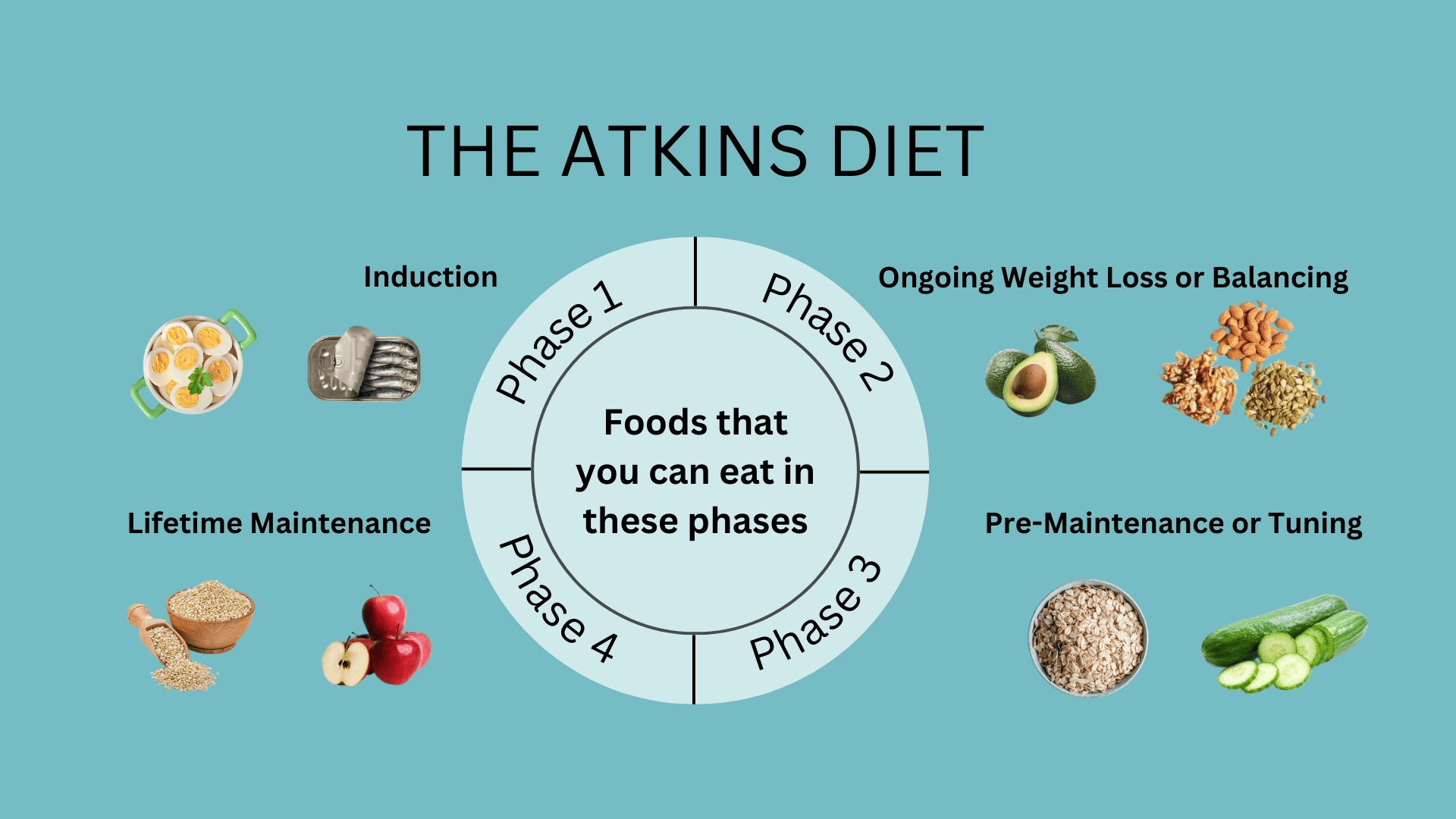Navigating the World of Fad Diets

Fad diets come and go, promising quick fixes for weight loss. But do they really work?
In today's quest for rapid weight loss and improved health, fad diets often lure us with promises of quick fixes and miraculous results. From cutting out entire food groups to relying on miracle foods, these trendy diets captivate our attention with their bold claims. But beneath the surface, do they truly deliver on their promises, or are they merely temporary solutions with long-term consequences? In this article, we delve into the world of fad diets, examining their efficacy, potential pitfalls, and the importance of embracing sustainable nutrition for lasting health and wellness.
The Allure of Fad Diets
Fad diets captivate us with their allure of rapid weight loss and transformative health benefits. Whether it's the promise of shedding pounds in record time or achieving newfound vitality through exclusive food restrictions, these diets often appeal to our desire for quick results and instant gratification. From the Atkins Diet to the Paleo Diet, and the latest iterations like the Keto Diet and intermittent fasting, each fad diet comes with its own set of rules and restrictions, leaving many individuals eager to jump on the bandwagon in pursuit of a slimmer waistline or improved well-being.
The Reality Check
While fad diets may yield initial weight loss and short-term improvements in certain health markers, their sustainability and long-term efficacy often come into question. Many of these diets are based on restrictive eating patterns that eliminate entire food groups or severely limit calorie intake, which can lead to nutrient deficiencies, metabolic imbalances, and negative impacts on overall health. Moreover, the weight loss achieved through fad diets is frequently unsustainable, with rebound weight gain commonly occurring once normal eating patterns resume.
Debunking Myths
To discern fact from fiction, it's essential to debunk some common myths surrounding fad diets:
Myth: Fad diets offer a one-size-fits-all solution.
Reality: Each individual's nutritional needs and metabolic responses vary, making it unlikely for a single diet to work universally for everyone. What works for one person may not necessarily yield the same results for another.
Myth: Fad diets provide long-term solutions for weight loss.
Reality: While fad diets may produce short-term weight loss, the sustainability of these results is questionable. Rapid weight loss often leads to muscle loss, metabolic slowdown, and psychological distress, making it difficult to maintain over time.
Myth: Fad diets are based on sound scientific evidence.
Reality: Many fad diets lack rigorous scientific evidence to support their claims and long-term efficacy. Some diets may cherry-pick research findings or rely on anecdotal evidence rather than robust clinical trials.
Embracing Sustainable Nutrition
Rather than succumbing to the allure of fad diets, embracing sustainable nutrition offers a holistic approach to health and wellness:
- Focus on Whole Foods: Prioritize whole, minimally processed foods that nourish your body with essential nutrients, vitamins, and minerals. Fill your plate with colorful fruits, vegetables, lean proteins, whole grains, and healthy fats to support optimal health and vitality.
- Practice Moderation: Instead of drastic food restrictions or extreme dietary measures, adopt a balanced approach to eating that emphasizes moderation and portion control. Allow yourself to enjoy your favorite foods in moderation while prioritizing nutrient-dense choices most of the time.
- Listen to Your Body: Pay attention to your body's hunger and fullness cues, and eat mindfully without distractions. Tune in to how different foods make you feel, and adjust your eating habits accordingly to support your overall well-being.
- Seek Professional Guidance: Consult with a registered dietitian or nutritionist who can provide personalized guidance tailored to your individual needs and goals. A qualified professional can help you develop a sustainable eating plan that promotes long-term health and supports your unique lifestyle.
While fad diets may promise quick fixes and miraculous results, the reality often falls short of expectations, leaving many individuals disillusioned and frustrated. Instead of chasing after fleeting trends, embracing sustainable nutrition offers a pathway to lasting health and wellness. By prioritizing whole foods, practicing moderation, listening to your body, and seeking professional guidance, you can cultivate a balanced approach to eating that nourishes your body, mind, and soul for years to come. Remember, true transformation begins with sustainable habits that support your long-term well-being.






